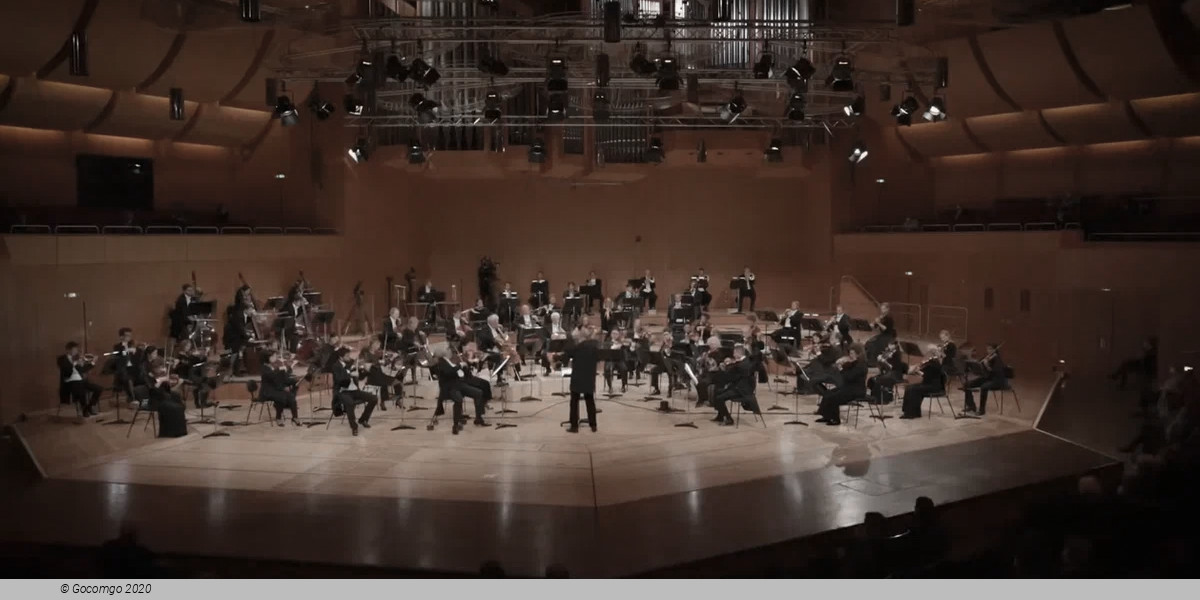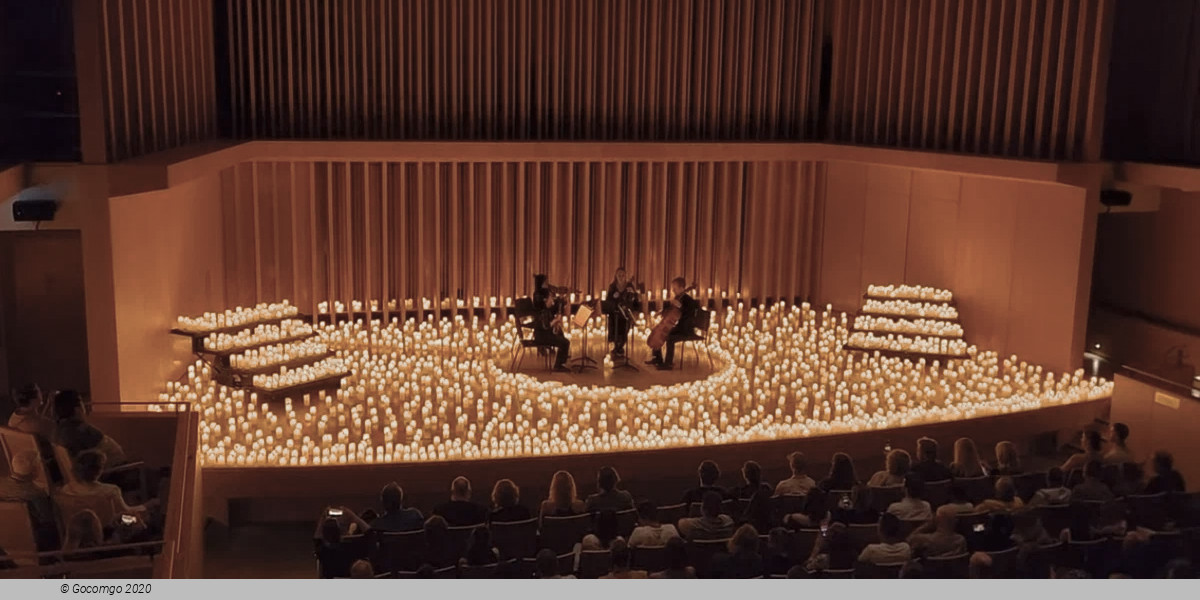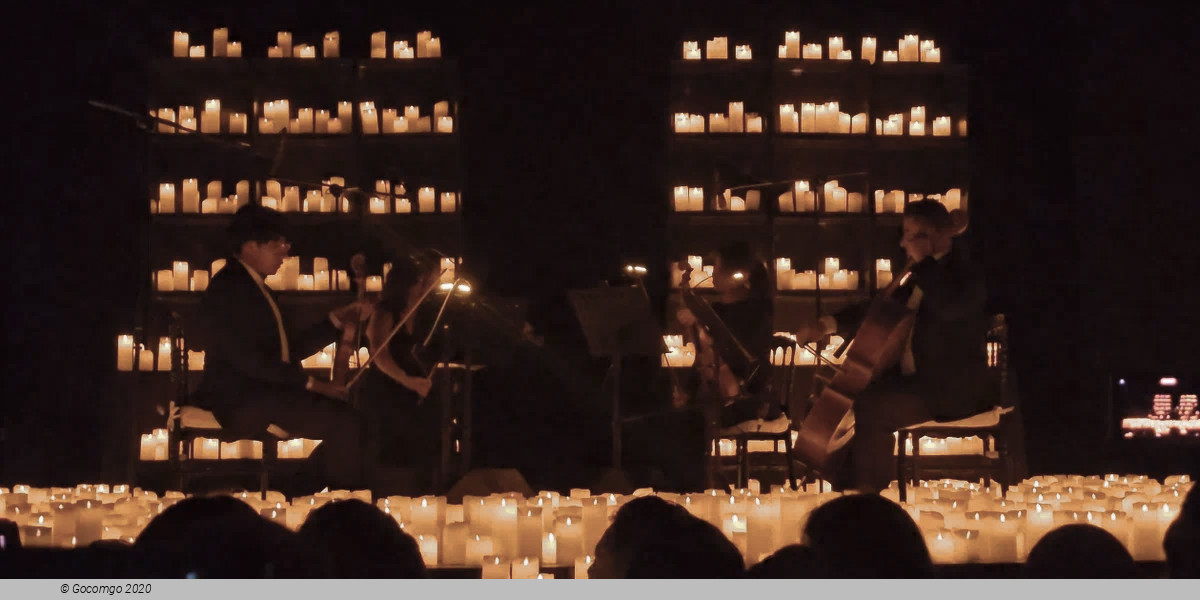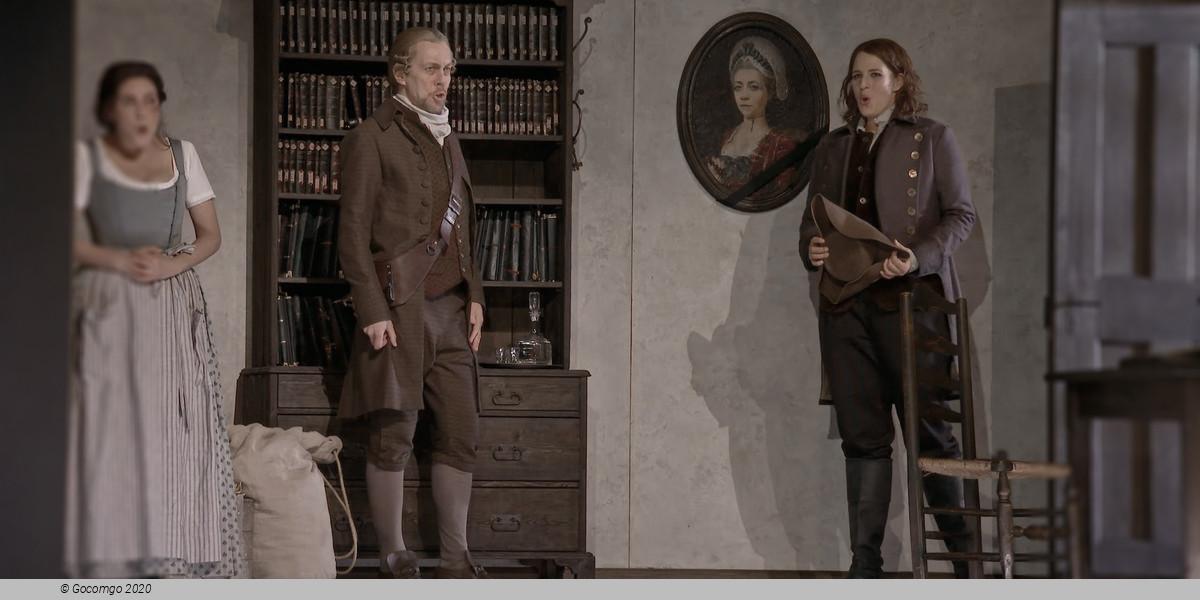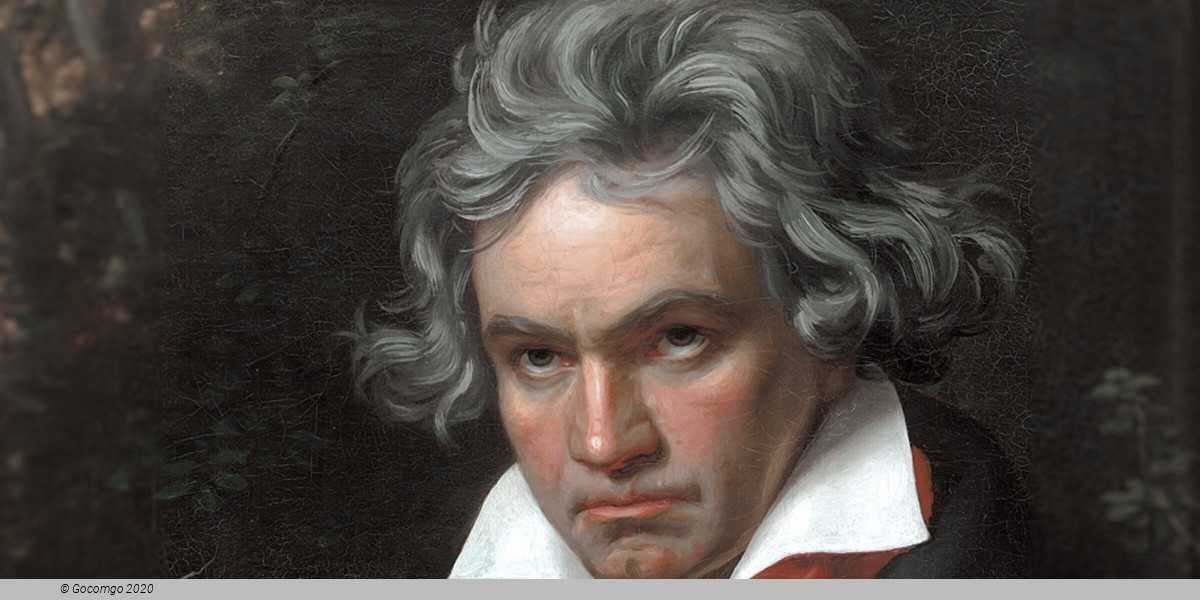Events179 results
About
Ludwig van Beethoven was a German composer and pianist. A crucial figure in the transition between the Classical and Romantic eras in classical music, he remains one of the most recognised and influential of all composers. His best-known compositions include 9 symphonies; 5 piano concertos; 1 violin concerto; 32 piano sonatas; 16 string quartets; a mass, the Missa solemnis; and an opera, Fidelio. His career as a composer is conventionally divided into early, middle, and late periods; the "early" period is typically seen to last until 1802, the "middle" period from 1802 to 1812, and the "late" period from 1812 to his death in 1827.
Beethoven was born in Bonn, then the capital of the Electorate of Cologne and part of the Holy Roman Empire. He displayed his musical talents at an early age and was taught by his father Johann van Beethoven and composer and conductor Christian Gottlob Neefe. At the age of 21 he moved to Vienna, where he began studying composition with Joseph Haydn and gained a reputation as a virtuoso pianist. He lived in Vienna until his death. By his late 20s his hearing began to deteriorate and by the last decade of his life he was almost completely deaf. In 1811 he gave up conducting and performing in public but continued to compose; many of his most admired works come from these last 15 years of his life, commonly known as his "late" period.
Beethoven is acknowledged to be one of the giants of classical music. Together with Bach and Johannes Brahms, he is referred to as one of the "three Bs" who epitomize that tradition. He was a pivotal figure in the transition from the 18th century musical classicism to 19th century romanticism, and his influence on subsequent generations of composers was profound. His music features twice on the Voyager Golden Record, a phonograph record containing a broad sample of the images, common sounds, languages, and music of Earth, sent into outer space with the two Voyager probes.
Overview
Beethoven composed in several musical genres and for a variety of instrument combinations. His works for symphony orchestra include nine symphonies (of which the Ninth Symphony includes a chorus), and about a dozen pieces of "occasional" music. He wrote seven concerti for one or more soloists and orchestra, as well as four shorter works that include soloists accompanied by orchestra. His only opera is Fidelio; other vocal works with orchestral accompaniment include two masses and a number of shorter works.
His large body of compositions for piano includes 32 piano sonatas and numerous shorter pieces, including arrangements of some of his other works. Works with piano accompaniment include 10 violin sonatas, 5 cello sonatas, and a sonata for French horn, as well as numerous lieder.
He also wrote a significant quantity of chamber music. In addition to 16 string quartets, he wrote five works for string quintet, seven for piano trio, five for string trio, and more than a dozen works for various combinations of wind instruments.
The three periods
Beethoven's career as a composer is conventionally divided into early, middle, and late periods. The "early" period is typically seen to last until 1802, the "middle" period from 1802 to 1812, and the "late" period thereafter. This distinction was first introduced in 1828, just one year after his death, and while often challenged and refined it remains a starting point to understand the development of Beethoven's work.
Beethoven's early years in Bonn arguably represent a further, preliminary, period. His earliest known composition was from 1782, and a total of 40 pieces by him dating from 1792 or earlier are known today (though mainly from much later sources). Today his best-known works from before 1790 are three piano quartets and three piano sonatas, the quartets being closely modelled on Mozart's sonatas for piano and violin. From 1790–1802, his best music can be found in a cantata and a number of concert arias, and in some variations for solo piano, while his instrumental music (including movements of symphonies and a violin concerto, as well as various fragmentary chamber works) is conservative and uninspired.
The conventional "first period" begins after Beethoven's arrival in Vienna in 1792. In the first few years he seems to have composed less than he did at Bonn, and his Piano Trios, op.1 were not published until 1795. From this point onward, he had mastered the 'Viennese style' (best known today from Haydn and Mozart) and was making the style his own. His works from 1795 to 1800 are larger in scale than was the norm (writing sonatas in four movements, not three, for instance); typically he uses a scherzo rather than a minuet and trio; and his music often includes dramatic, even sometimes over-the-top, uses of extreme dynamics and tempi and chromatic harmony. It was this that led Haydn to believe the third trio of Op.1 was too difficult for an audience to appreciate.
He also explored new directions and gradually expanded the scope and ambition of his work. Some important pieces from the early period are the first and second symphonies, the set of six string quartets Opus 18, the first two piano concertos, and the first dozen or so piano sonatas, including the famous Pathétique sonata, Op. 13.
His middle (heroic) period began shortly after the personal crisis brought on by his recognition of encroaching deafness. It includes large-scale works that express heroism and struggle. Middle-period works include six symphonies (Nos. 3–8), the last two piano concertos, the Triple Concerto and violin concerto, five string quartets (Nos. 7–11), several piano sonatas (including the Waldstein and Appassionata sonatas), the Kreutzer violin sonata and his only opera, Fidelio.
Beethoven's late period began around 1815. Works from this period are characterised by their intellectual depth, their formal innovations, and their intense, highly personal expression. The String Quartet, Op. 131 has seven linked movements, and the Ninth Symphony adds choral forces to the orchestra in the last movement. Other compositions from this period include the Missa solemnis, the last five string quartets (including the massive Große Fuge) and the last five piano sonatas.


